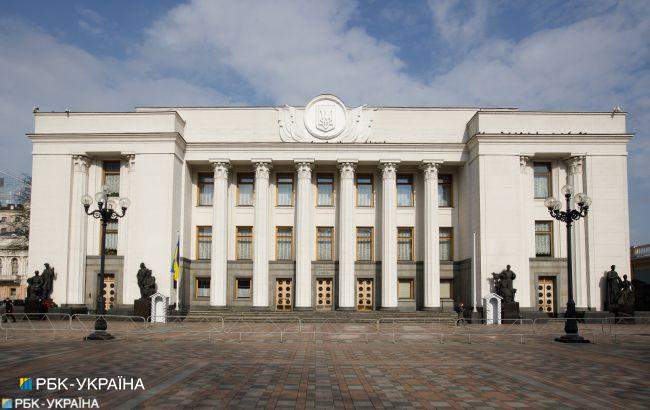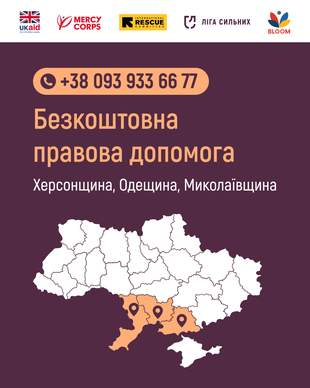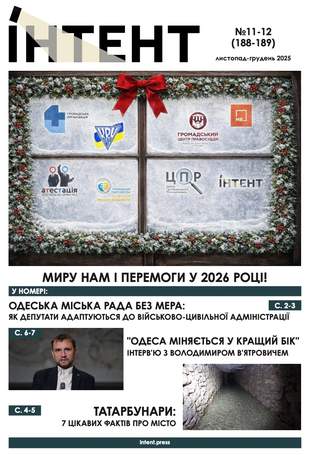Меню
Соціальні мережі
Розділи
Aug. 30, 2024, 6:32 p.m.
The Rada supported the updated version of the tax increase
This article also available in English182

Photo: RBC-Ukraine
The Verkhovna Rada Committee on Finance has approved as a basis the revised draft law on amendments to the Tax Code regarding the peculiarities of taxation during martial law.
This was reported by the Chairman of the Committee Danylo Hetmantsev and Deputy Chairman of the Committee Yaroslav Zheleznyak.
Thus, the revised draft law No. 11416-d provides for
- Increasing the military fee rate from 1.5% to 5%;
- establishing a military fee of 1% of income for single tax payers of group III;
- establishing a military fee for individual entrepreneurs of the single tax groups I, II and IV at the level of 10% of the minimum wage;
- the established peculiarities of military taxation will be valid until December 31 of the year in which martial law is terminated;
- The draft also proposes to set corporate income tax rates for non-bank financial institutions (except for insurers) at 25%.
The document retains monthly advance payments of corporate income tax for fuel retailers.
As a result, the proposal to introduce a 50% corporate income tax for banks was rejected. According to Zheleznyak, the MPs were in favor of the proposal, but the National Bank and the Ministry of Finance were against it.
"They say that banks will have to be recapitalized and it will be impossible to raise UAH 385 billion on the market by the end of the year. We agreed to return to this in the second reading," he said.
Meanwhile, BES detectives in Odesa region exposed an exporting company that had evaded taxes on a particularly large scale. The case was sent to court.
In addition, it became known that the Odesa-based company did not pay taxes for the export of agricultural products, which caused the state to suffer losses of more than UAH 15 million. The financial director was brought to justice.
In addition, a company exporting agricultural products in Odesa region was forced to pay more than four million hryvnias in damages to the state budget.









